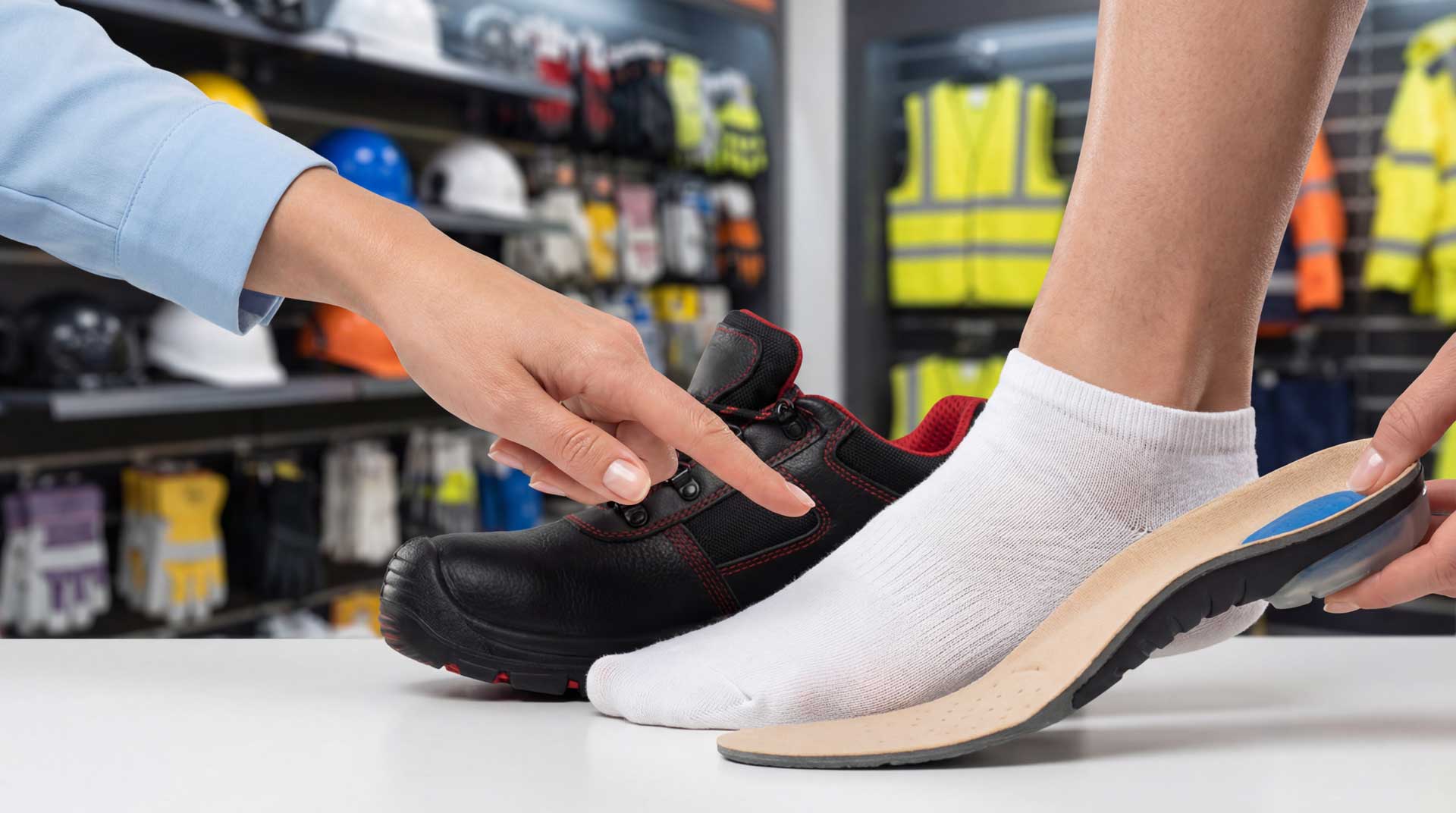The supply chain is the network that ensures the uninterrupted movement of goods from the point of departure to the destination. If you think of the global economy as a commodity, then the supply chain is the bloodstream. If necessary, deliveries are made to the body of goods at any time in the desired quantity in the specified time, without the body of goods holding a depot or reserve. The speed of the movement alone keeps everything going.
This principle of appropriate and fast delivery is called just-in-time.
What has changed as a result of SARS-CoV-2?
The coronavirus now intervenes precisely in this cycle, in the supply chain, as well as in the human body. Most manufacturers are now gearing their production towards cost-saving just-in-time production and no longer have a warehouse. Just like every average citizen buys according to daily needs without stockpiling. Because we are used to getting everything always and at any time.
At the touch of a button.
But... if the push of a button doesn't work – what then?
Then we realize that a warehouse is just as important for the global economy as a certain amount of hip gold on one's own body.
Global economy seen as a living body
Every top athlete knows that he must not always be fully trained and the global economy is always teetering close to the edge of what is feasible with just-in-time. A good top athlete is aware that he needs a break after performing at his best so that his body can recover. The global economy is pretending that this is not the case. But behind every transport of goods there is a person, a body that is disregarded. Every means of transport is moved by people, every logistical service is also provided by people.
The influence of shortages of goods and materials
What does a manufacturer do if he lacks the materials because he has no stock if he can no longer produce for a long time?
What does a body do if it lacks food and does not get nutrients for a long time?
These are questions that you have to ask yourself. Considering this, warehousing is the cheaper alternative. There are companies that have never given up warehousing. Therefore, these companies have higher production costs. The buyer or the consumer pays for this.
Warehousing has a social component that keeps the economic body and thus also our society alive.
The influence of production costs
We pay a price for products. The so-called producer price. This includes the producer costs + calculated profit so that the manufacturer/importer/supplier can survive. Producer prices rose by an average of around 25% at the beginning of 2022. Energy costs account for a large part of this. Stinginess is not cool. If a supplier doesn't earn anything, he's out of the picture. A good buyer knows the prices and knows it. A bad buyer tries to push prices down even further and acts as if the profit margin of his counterpart borders on fraud.
The influence of energy costs
Anyone who has not lived under a stone in recent times gets the inflation of the
energy costs. Feels the increased prices. He sees how the money drips out of his Portmania through a tank of gas as soon as he drives to the pump and inserts the nozzle into the tank. The prices hurt. They are painful, just like heating costs.
This inflation affects everything. On the transport costs, the production costs and thus on the profitability of each company.
Everyone who heats or drives or consumes energy to produce is affected, regardless of whether they are people or companies.
China in terms of supply chains
No matter how it is viewed, China is a bottleneck for the global economy. A large part of the supply chains runs through China, as this country acts or has acted as the world's workbench.
With the zero corona policy, China is cutting off the supply flows of the global economy. The workbench no longer delivers, artificially reduces the scarcity of raw materials such as rare earths and cannot keep up with its own needs in terms of energy supply. This results in further bottlenecks and scarce goods. Now China is reaching its limits and it is questionable whether the zero Corona policy will be maintained. Time will tell. In addition, China also has other plans for the future and is striving for innovation.
Will the workbench of the future become decentralized?
This is an opportunity for more European jobs if transport over long distances is more complicated and expensive than a wage.
Are there also social components?
We renounce many social achievements. Leisure homes, sufficient pay for nursing staff, equal opportunities for studies and much more, always with the argument that this is not economical. Who is going to pay for it?
In 1979, Douglas Adams already declared the extinction of a civilization and the birth of a new one with the abolition of the profession of telephone disinfector.
Perhaps "The Hitchhiker's Guide to the Galaxy" is a weird fiction for the fact that the abolition of the social and a lack of knowledge about the bypasses endangers our social cohesion. Especially when there are more and more bypasses for tax avoidance by large companies, while you use the common infrastructure and skim off the skilled workers who are brought in here with the help of taxes.
Those who can adapt have advantages
Small and medium-sized enterprises are the backbone of society and fall by the wayside. Most innovations come about through the short decision-making paths. They provide training, pay taxes, assume social responsibility and keep more people in wages and work than the big players. As a result, a small and medium-sized company has higher costs and has to pass them on. The corporations, on the other hand, often only buy up. They demand benefits and pay relatively little tax.
- Yes! We are just such a company! We do our social homework.
- We pay taxes. Are small. Train. We have a large warehouse with 3000 m² and offer home office due to Corona.
- Yes! We also complain about the shortage of skilled workers after larger companies poached employees from us. We are one of the many companies that feel this way!
But as my grandma said? "It is what it is," just keep going... and for the future, preserve one more jar of sour cucumbers!




